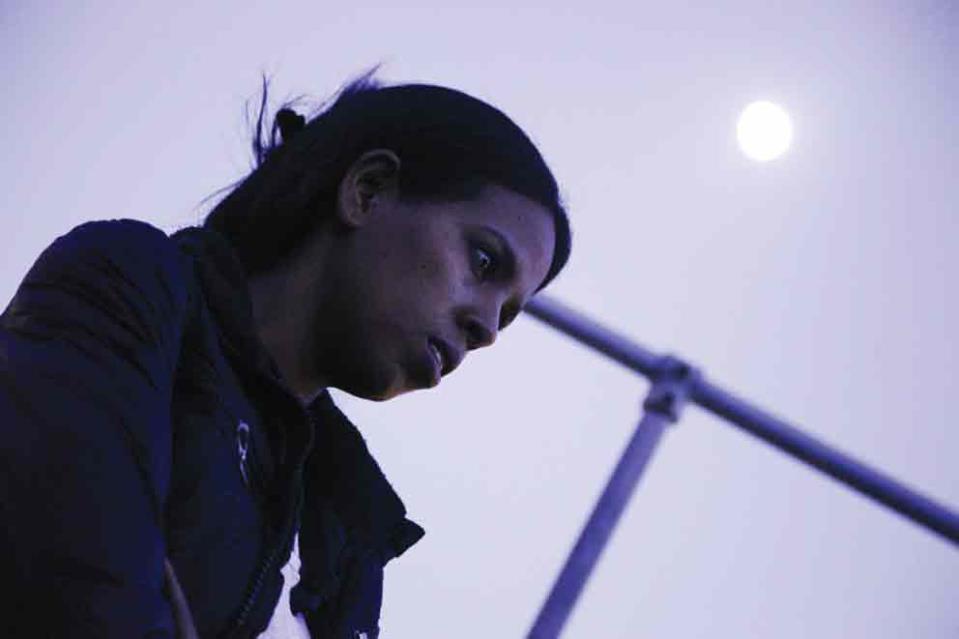26-year-old Semihar and her three children live in a room the size of an average living room, equipped with the bare minimum necessities. The room is in a deteriorating state- there's peeling paint on the ceiling, broken tiles and doorways. The stench is almost unbearable. The sink in the toilet is hardly large enough to wash your hands, let alone a baby. Bugs walk leisurely on the plates of food, placed on the small fridge, near the sofa. The building in Msida is a property belonging to the church, which had been left abandoned for several years.
Semihar, from Eritrea, arrived in Malta from Sudan in 2012. The journey was rough. First she crossed the desert and then she crossed the Mediterranean Sea by boat. "The storm during the trip was terrifying, but Sudan was no place to live, there's no peace," she says, in an interview with The Malta Independent.
Semihar was only eight when her mother passed away. Her father remarried, but his new wife did not get along with her step children. So Semihar decided to leave with her two children, one aged four, and the other eight. Upon her arrival in Malta, she was placed at the detention centre for twelve days, and then moved to the tent village in Hal Far. It was there she became pregnant with her third child. "Bringing up the children at Hal Far was very challenging - the weather, the facilities, it's no home." While at the tent village, children played on the dirty floors, water gathered in the gutters. Hundreds of individuals shared a bathroom and a kitchen, with sinks often clogged or overflowing.

When she moved into the room in Msida, the room had no stove fridge or washing machine but volunteers at Help the Children at Hal Far helped her out. Maltese people donate clothes for Semihar's children. The Eritrean woman gets €300 allowance a month for herself and her children. But to be eligible for the allowance, she needs to travel to Floriana three times a week to sign papers, proving she's unemployed. The bus ride for herself and her children already takes up a sixth of her monthly allowance.
Semihar has no family in Malta; both her siblings are now living in Sweden, after fleeing Sudan. "I have no husband, no family, but I am grateful for the Maltese volunteers at Hal Far, who truly help us out. I would work if I could, but I need to look after the children. I wanted them to go to school, but I have no money to buy their uniforms or other materials they require."
"I am being forced to move out from Msida in January, and start looking for my own place. But the €300 allowance would barely cover the rent. I would need to leave this country, and try to start a life for my family. My sister is in Sweden, she can help out. I miss my family every day, and to make things worse, I have no friends here," she says.
Semihar and her family are under subsidiary protection, which means she is granted a residence permit, free state education until the age of 16, access to health care and a work permit. Residency and work permits need to be renewed each year.
Those interested in helping Semihar can contact the organisation Help the Children at Hal Far.
Video and photo Paul Jones